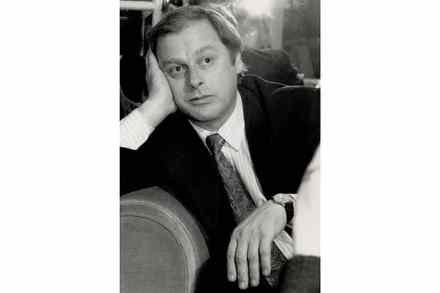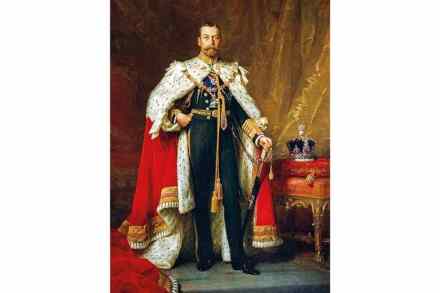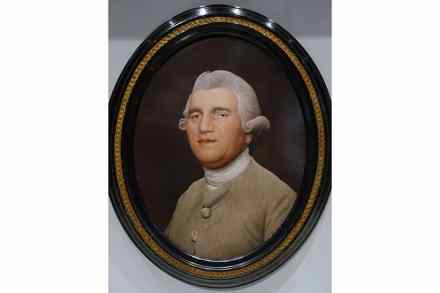Who’s to blame if Britney Spears has been ‘devoured’ by celebrity?
All the questions around Britney Spears can be condensed into this one: who should we blame? For a long time, there was a comfortable narrative that the pop star’s decade-long descent — from virginal queen of teen in 1998, to junk-food scarfing, twice-divorced single mother, to broken woman being transported to hospital in restraints — was wholly her own doing. Britney was a train wreck, white trash, a hot mess and, all in all, no better than she ought to be. The fact that her career recovered dramatically after she was placed under a conservatorship arrangement in 2008 (giving her father ultimate control over her life and finances) seemed to




















